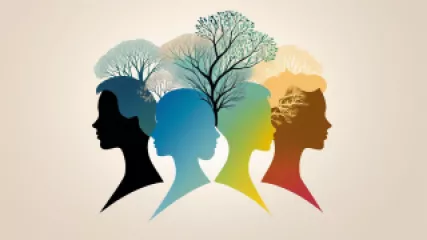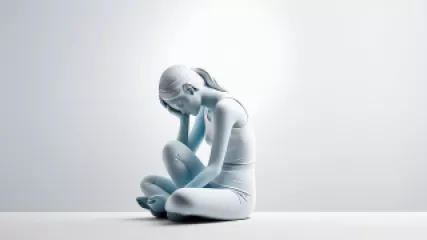Are Traditional Gender Roles Still Relevant in Modern Society?
1 year ago
Gender Roles in Society
The Ultimate Guide to Drama Therapy Benefits
1 year ago
Drama Therapy
What Are the Best Virtual Therapy Sessions for Anxiety Relief Exercises?
1 year ago
Anxiety Relief Exercises
Rethinking Gender Roles: A Pathway to Self-Esteem and Societal Progress
1 year ago
Gender Roles in Society
My Journey to Understanding My Attachment Styles
1 year ago
Attachment Styles
The Transformative Power of Mindfulness Meditation
1 year ago
Mindfulness Meditation
Why Mindfulness Meditation Should Be a Daily Practice
1 year ago
Mindfulness Meditation
The Ultimate Guide to Understanding and Managing Schizophrenia
1 year ago
Schizophrenia
Unlocking Mindfulness: Life Lessons from "The Karate Kid"
1 year ago
Mindfulness Meditation
A Step-by-Step Virtual Grief Recovery Program
1 year ago
Grief
My Journey with Schizophrenia: Finding Hope and Resilience
1 year ago
Schizophrenia
Breaking Gender Barriers: An Interview with a Gender Equality Advocate
1 year ago
Gender Roles in Society
How Can Mindfulness Meditation Help Manage Anxiety?
1 year ago
Mindfulness Meditation
How to Practice Mindfulness Meditation: A Step-by-Step Guide
1 year ago
Mindfulness Meditation















